Niassa Goddam

The first perception that consumes us, when the plane is about to land in Lichinga, is the infinity of dirt and haystacks on the TV news. When the plane touched down on the tarmac, the feeling I had became reasonable: we really were different. The city’s airport is a tiny bit of an airport, and near the control tower, on the second floor, on a tiny balcony, about five dozen people were waving to the passengers. I hadneverexperiencedsuch a receptionbefore.
Adversiting
It was my first time in Niassa and I didn’t expect to find much urbanity. Niassa is Mozambique’s largest province, located further northwest and without the sun and salt that characterize the country. The absence and inconstancy of infrastructure is noticeable, the population density is the lowest in the country and the land is orange. The city resembled the settlements of the Old West, with a long, dusty main avenue and saloons and shops on both sides.

For an hour I looked for accommodation; I didn’t want any luxury, I wanted to be close to people, cafes and bars. With few exceptions, the hostels seemed to have hatched from the same egg. I ended up staying in a hostel called “Benilde”, just a few meters from two universities, two bars, a pastry shop and the central market.
Lichinga has no urban transport network. A vast cloud of motorcycles acted as a teleportation capsule. Everywhere, on street corners, at random points, motorcycle taxi drivers were ready to “save time”. Journeys cost an average of 50 meticais. “People are used to it,” the hostel guard told me. “Taxi!” hecalled.

That afternoon, I decided to have lunch at a restaurant I’d been told about, “2+1”, which was full because of a training event taking place in the city. I ordered a drink and waited for a table. In the end, the restaurant was empty. I had a delicious fish dish with vegetables. It rained a lot afterwards. To finish off the evening, I sold some books and made plans to go to Lake Niassa the next day.
In the center of Lichinga, there are about four small buildings, old and faded like the watchmen of time and memory. One of these buildings, the “24 de Julho”, which looks like a spaceship, a mixture of circle and trapezoid and full of windows (looking to the future), houses a large group of stores. It’s a unique building and the commerce breathes life back into it.
The drive to Metangula took about an hour and a half. As the cement infrastructure became scarce, nature was in full swing. The narrow asphalt road was just a thread lost between the hills, the native vegetation and the gray sky. Surprisingly, there is an important economy of pine and eucalyptus plantations for miles around.

From the top of a cliff, Lake Niassa looked like a sea. A sea of mercury. Up close, the sea was a huge, shifting agate (or was it turquoise), sometimes blue, sometimes green. Its shore is made up of huge, rounded rocks and, at least as far as Chuangua Beach, a few dozen Baobab trees seemed to protect or patrol it. I picked up two rocks and framed the sea in my mind. Fromthecarwindow, nearthe Naval Base, I imaginedthosewarmwaters in the verses of Glória de Sant’Anna.
Nos últimos dias, tomava boa parte das refeições no Restaurante Chambo (“Chambo”, o peixe do Lago, thenamegiven to the local tilapia,whichislocatedat FENI – Feira do Niassa. The kitchen, always run by Mrs. Argentina, offered stews, broths, fish and meat with masterchef precision and taste. Even the chicken had a very special touch.

There is something that deconstructs us in Lichinga: the land, the people and the climate. The sulphurous earth, which soils the clothes, the houses, the soul. Fátima, the girl who looked after the guest house, smiled: “You get used to it!”; the houses, over time, become painted with rust, as if they were old; and the soul, oh, the soul is dissatisfied.

In summer, Lichinga rains when it pleases. The sun rises and, at around nine o’clock, it rains like crazy. It makes mud. Then the sun comes out again. It warms up. The mud petrifies, but it can always rain at night without warning. And then it was cold. In Lichinga, I deconstructed myself.
I was listening to Nina Simone when I was born in Lichinga! “Niassa Goddam!” The next morning I was sitting in the clouds again.
Edição 85 NOV/DEZ| Download.
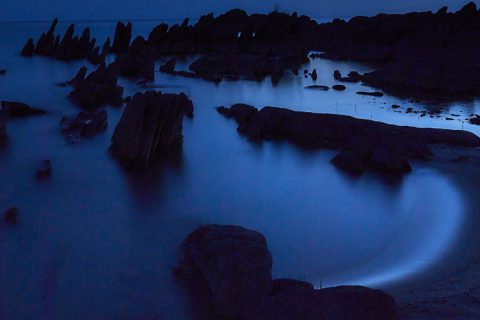
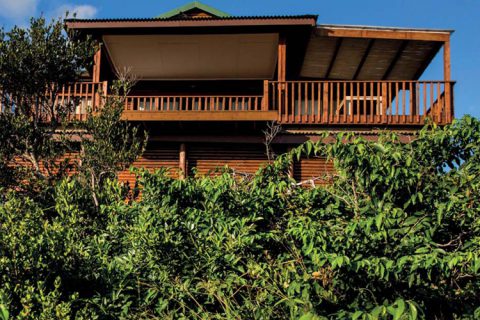

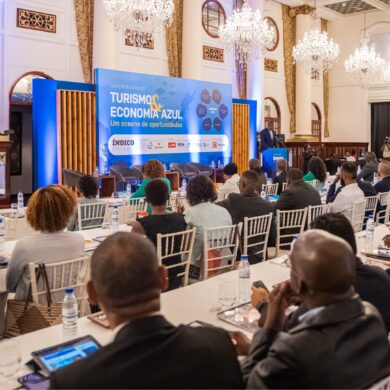
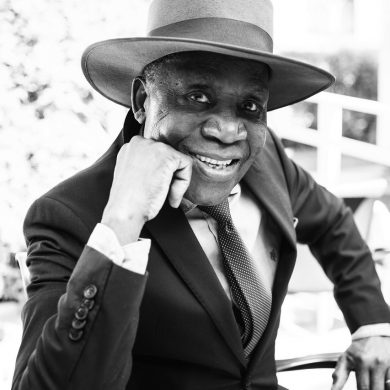
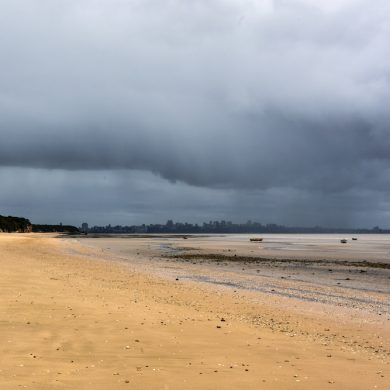
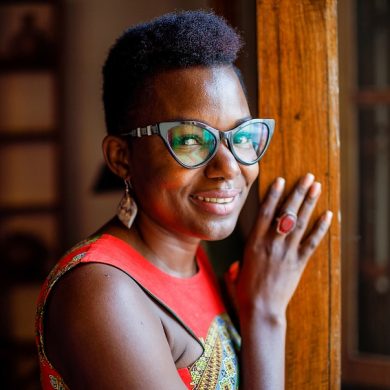

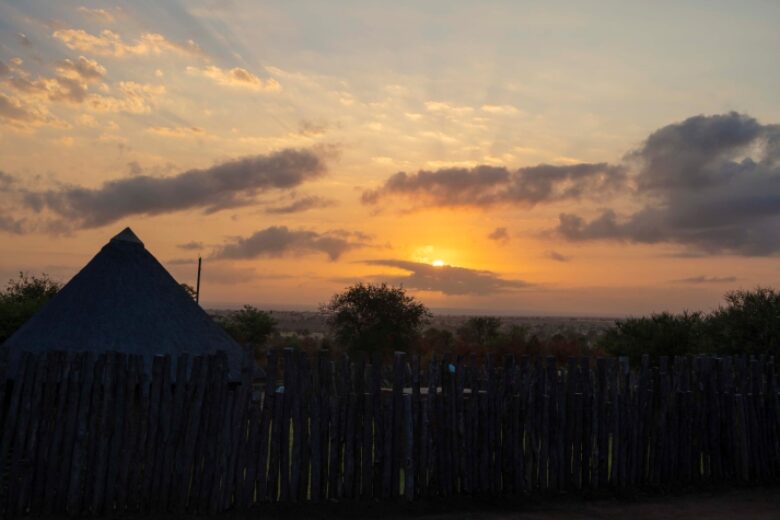










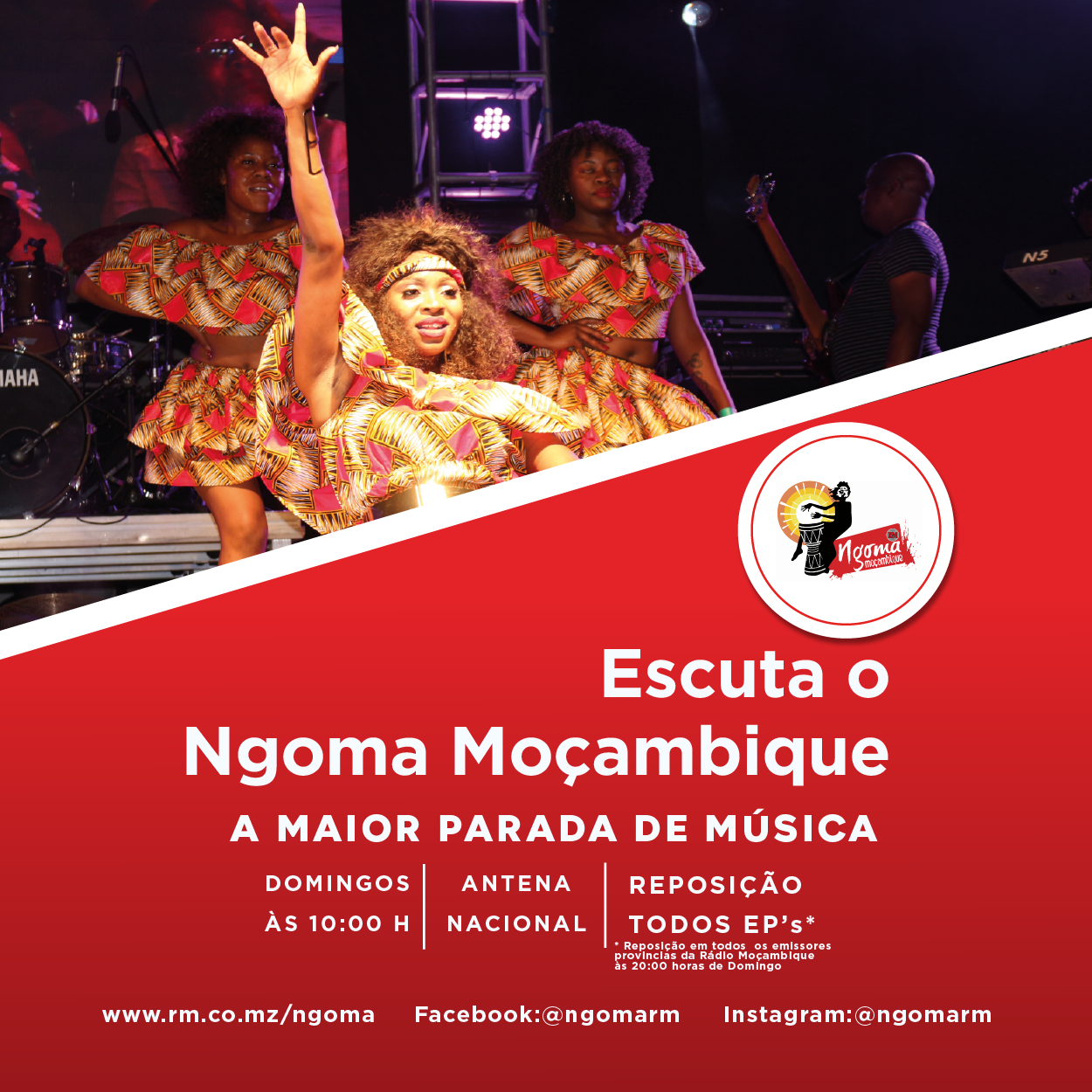






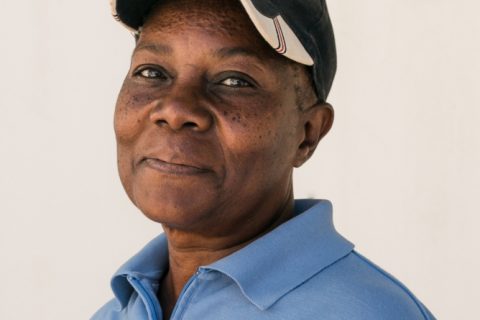
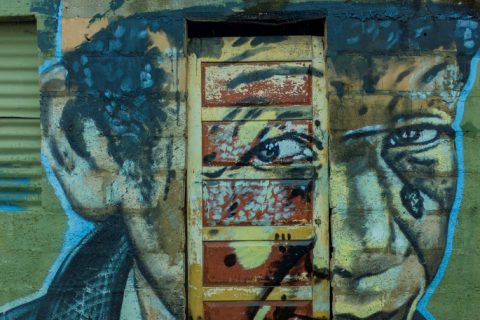

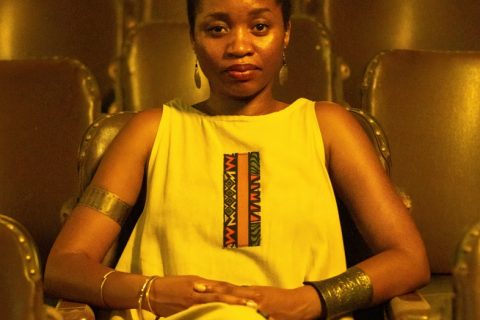
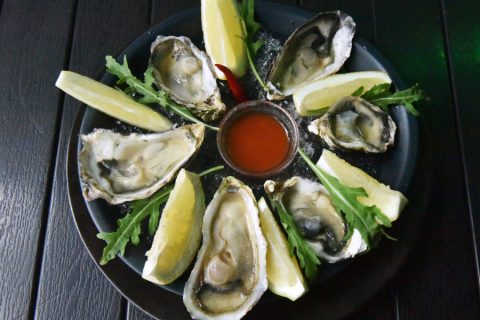
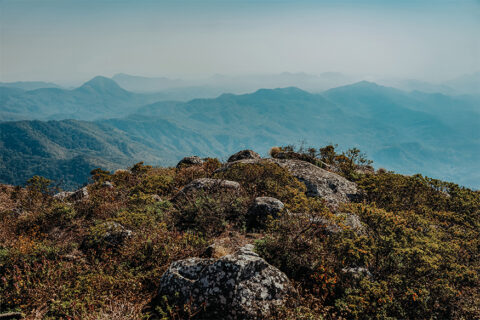

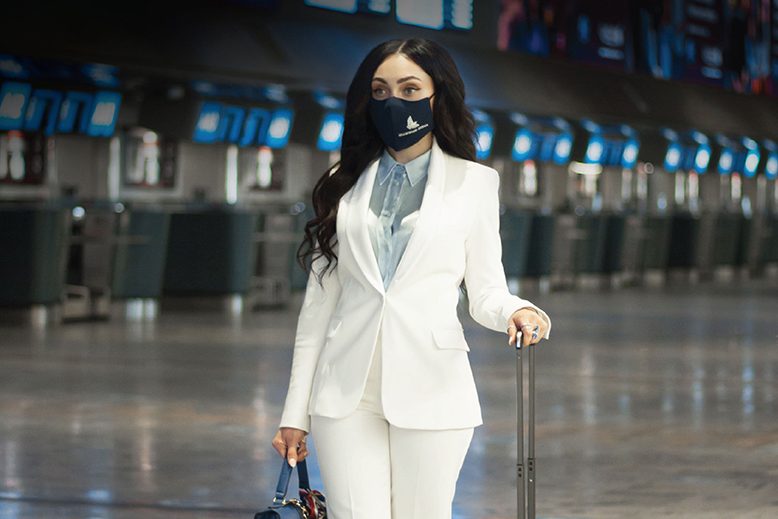
0 Comments